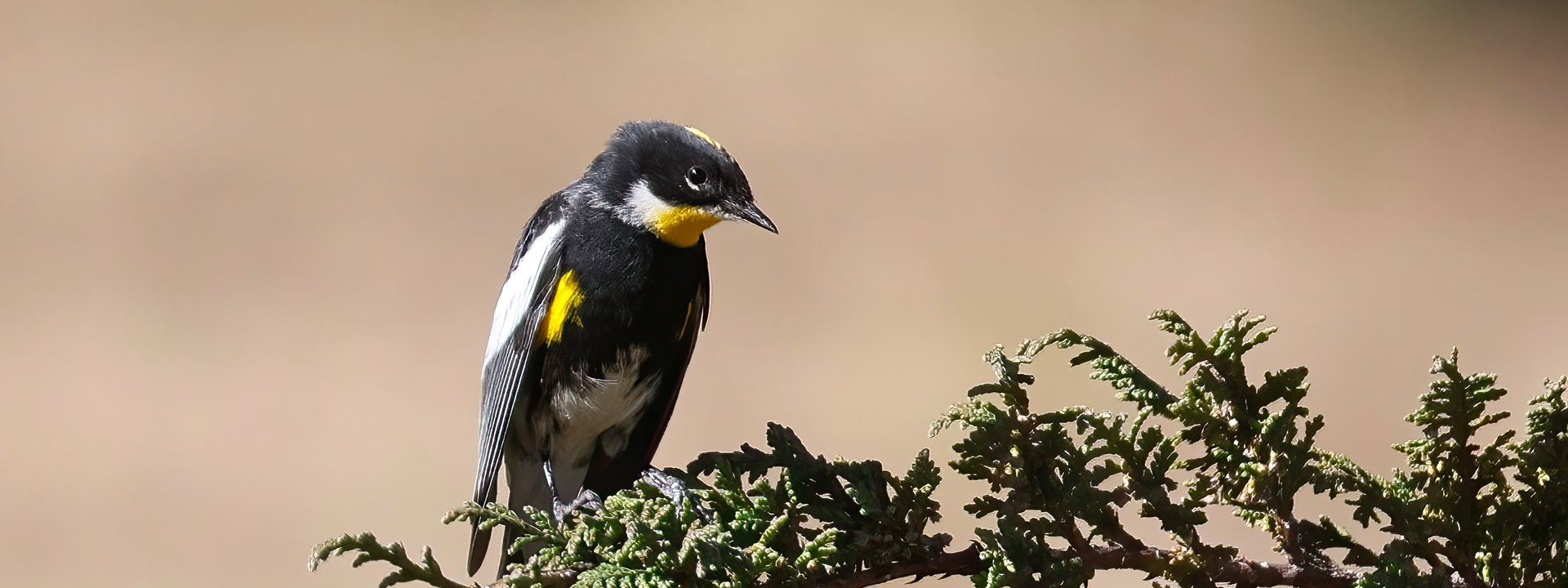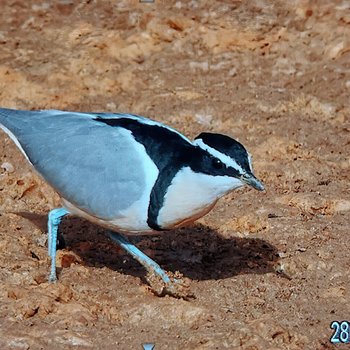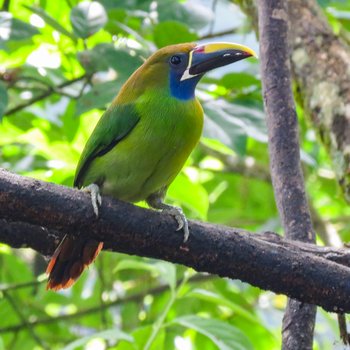14th Feb 2024
Update from Limosa's birding trip to Guatemala
Limosa's holiday to the Central American nation of Guatemala began last week and Fernando Enrique Navarrete who is leading the tour, having made 10+ previous visits to the country, reports as follows:
"Just wanted to let you know that the first few days of the trip have been VERY successful. We’ve managed to find all our target species and some more.
Once again, we had great and prolonged views of the Horned Guan without having to climb a volcano. We’ve seen good numbers of Pink-headed Warblers everytime we were in the right habitat and Goldman’s Warblers performed beautifully for us too.
Other fantastic regional endemics that we have seen are Ocellated Quail, Wine-throated Hummingbird, Rufous Sabrewing, Green-throated Mountain-gem, Unicoloured Jay, Bushy-crested Jay, Black-throated Jay, Blue-and-white Mockingbird, Mountain Trogon, Blue-throated Motmot, Fulvous Owl, Bar-winged Oriole, Rufous-browed Wren and many more."
Please see below for a selection of Fernando's photos from the ongoing trip.
This popular holiday will be running again in 2025 and for further details please click here.
The group had some nice views of Horned Guan without the need for a tough climb on one of the volcanoes where this species is found © Fernando Enrique Navarrete, February 2024
Goldman's Warbler is now regarded as a full species and is only found in western Guatemala and a relative small area of SE Mexico © Fernando Enrique Navarrete, February 2024
Another speciality of our Guatemala trips is the gorgeous Pink-headed Warbler which once again was seen exceptionally well and on multiple occasions on our 2024 holiday © Fernando Enrique Navarrete, February 2024
Wine-throated Hummingbird is yet another range-restricted speciality which the group has enjoyed good views of © Fernando Enrique Navarrete, February 2024
Unicoloured Jay can be found from Mexico to Nicaragua but the range is discontinuous and DNA work suggests that some populations should probably be regarded as separate species © Fernando Enrique Navarrete, February 2024




